Leadership in Action in Sri Lanka, Summer 2023
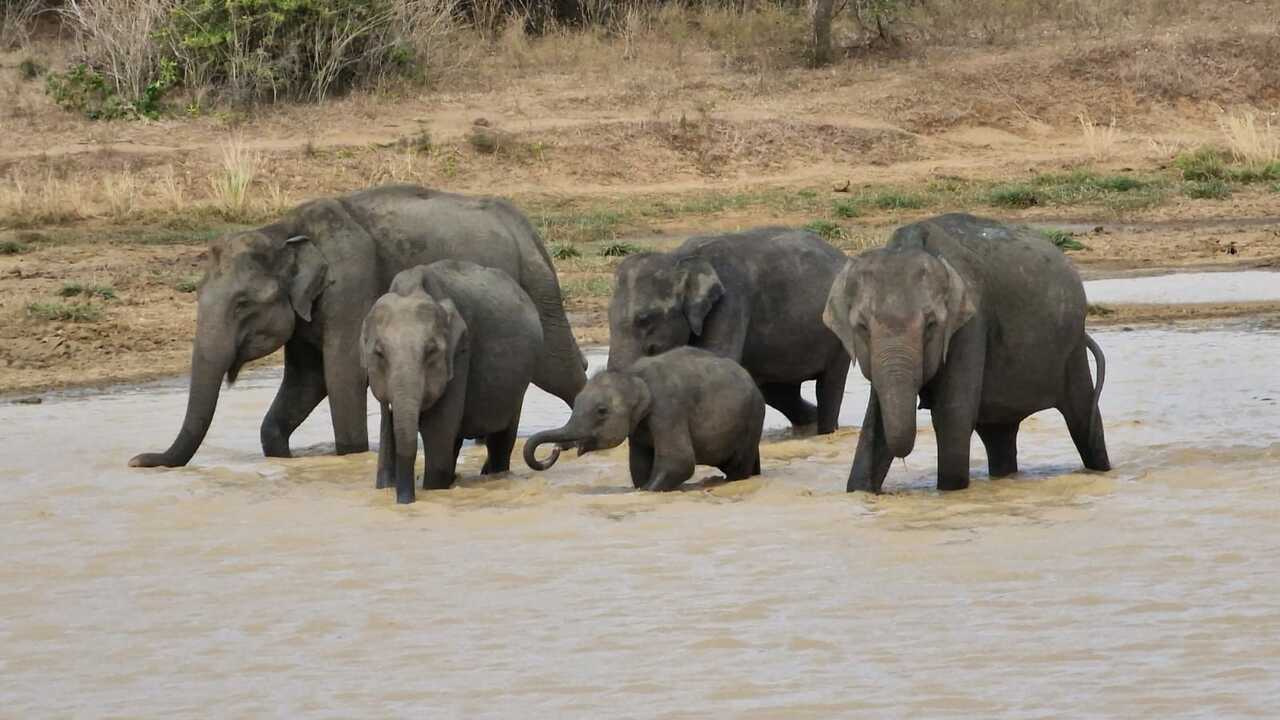
Over this summer, I had the pleasure of being in Sri Lanka for my LiA project. Whilst I was originally meant to continue my Laidlaw journey in Costa Rica, issues with applying for the visa meant my LiA project was destined for Sri Lanka, and I would not do it any other way. I had an absolutely incredible time at Sri Lanka and have learnt so much, not just about myself, but about the people, culture, traditions and current state of Sri Lanka.
Being born and having lived in India for 13 years meant I expected Sri Lanka to be very similar. Being part of an enriched culture made me thrilled to be able to connect to South India further. Albeit I was extremely excited for Sri Lanka, I was quite anxious as it was my first time traveling alone. Nevertheless, I did not let this feeling affect me and went on to embark on my LiA project. Upon landing at the airport in Colombo, I was pleasantly reminded of my visits to India: air-conditioned buildings sheltering everyone from the scorching sun’s ‘loo’ (hot, humid air), airport shops filled with tea and spices, the familiar colorful clothing and the sense of community I have only ever observed in a South Asian culture. Though feeling at home was a comforting feeling, I hoped Sri Lanka’s culture would be different to that of India, and unsurprisingly it was.
My journey at started with a tour of Sri Lanka, covering the central, west, east and south parts. The immeasurable and diverse range of activities I was able to be a part of made me utterly fall in love with Sri Lanka. We enjoyed many things: from the beautiful temples, to the incredible marine and coral life, and the tea plantations. On top of that, we were grateful we got to visit Sigiriya (a UNESCO world heritage site) and hike up to the top of Ella rock and enjoy the early morning views of the Sri Lankan hills. Whilst it was truly a once in a lifetime experience to be able to experience such great things, it also opened my eyes to the developing world and the struggles people have every day. There are two moments that will be engraved into me for a long time. The first time was when we were wondering the streets of Kandy and a man came up to us to ask for formulated milk for his child after his family was affected by the Tsunami in 2004. The other was when we were at the volunteer house and I noticed two homeless men at the shelter opposite the house putting down their bag packs and getting ready to sleep in cramped, wet and cold conditions on the floor with no food or water. At that moment, whilst I felt incredibly lucky to have a roof on my head and clean water, I knew I wanted to make a change, even if it was little. I will always remember their lit-up faces and blessings when I gave them some food and water every night. Making such a small difference made me feel so elated and I am so grateful I have had such eye-opening experiences whilst being at Sri Lanka.
I partook in leading a few volunteering projects, with the main one being marine and wildlife conservation. Before this volunteering I was certainly oblivious to the importance of sea turtles and their habitat. It was pertinent that we were able to observe the impact of climate change on turtles, discolouration of coral reefs and change in sea shells due to migratory changes caused due to climate change. Therefore, I hope to highlight the importance of wildlife and turtle conservation through this reflection.
Some volunteering activities in marine and wildlife conservation involved taking care of sea turtles in captivity, planting frogs nest, river and beach cleaning and teaching young kids about the importance of protecting the environment. The main component of the volunteering was based around the protection of 5 turtle species, housed at the Hikkaduwa turtle conservation centre. We would clean tanks, feed the turtles and ensure that we were prepared for their hatching and mating season. During a volunteering afternoon, we were informed that 97 littles turtles had just hatched. Protecting little turtles is a very involved and cautionary process. Young turtles have a very low survival rate in the wildlife (4%), but this increases to 30% in captivity. Their handling and feeding has to be done in a very considerate and sensible manner. It was important that they were held by the sides, rather than the bottom to prevent infections. Sunscreens had to be washed off before putting our hands in their tanks and a headcount had to be conducted every time the turtles were moved (as seen in the video below). I certainly developed a sort of connection with the turtles, especially Stumpy (who was blind) and the little turtles. Throughout my volunteering time, we had the pleasure of being able to release 3 turtles into the sea as they are finally able to survive and live by themselves in the wild. Knowing that our efforts have helped make them more independent and increased their survival rates dramatically is an incredible feeling. Another big difference I believe we made is through the litter picking at the beach and the lakes. It was nice to be able to lead a group that was as enthusiastic about the project and believed a change had to be made. Removing the countless plastic bag, glass bottles and random waste from the beach and the lakes not only made it look more aesthetic but also showed the locals the importance of looking after their natural habitats. We were also able to talk to some of the young people, who have unfortunately grown up without learning the effects of littering, and inform them of their actions.
Spending weeks in Sri Lanka was of course a challenge. Adapting to new environments concerning the food, climate and the clothing was difficult to start with. We had to ensure we were drinking bottled water and eating food that would not have a severe impact on our digestion. Of course, with a new country comes the difference in clothing and mannerism. It was important that I maintained, followed and respected Sri Lanka’s traditions, even though I do not personally agree with some of the gender norms. Furthermore, immersing ourselves into the way the locals live, by taking public transport, eating authentic Sri Lankan food, getting traditional clothing tailored and wearing it, was something I am glad we took the most advantage of. I have learnt so much about adapting to a new environment, meeting some extraordinary people and making strong connections, understanding how Sri Lanka’s society and economic status has been impacted since the tsunami and the civil war, admiring its beautiful landscapes and learning resilience, strength and wisdom from the locals. Although the living conditions of the house we stayed at were not great, I have matured and gained strong communication and personable skills, and made memories I will cherish throughout my life.
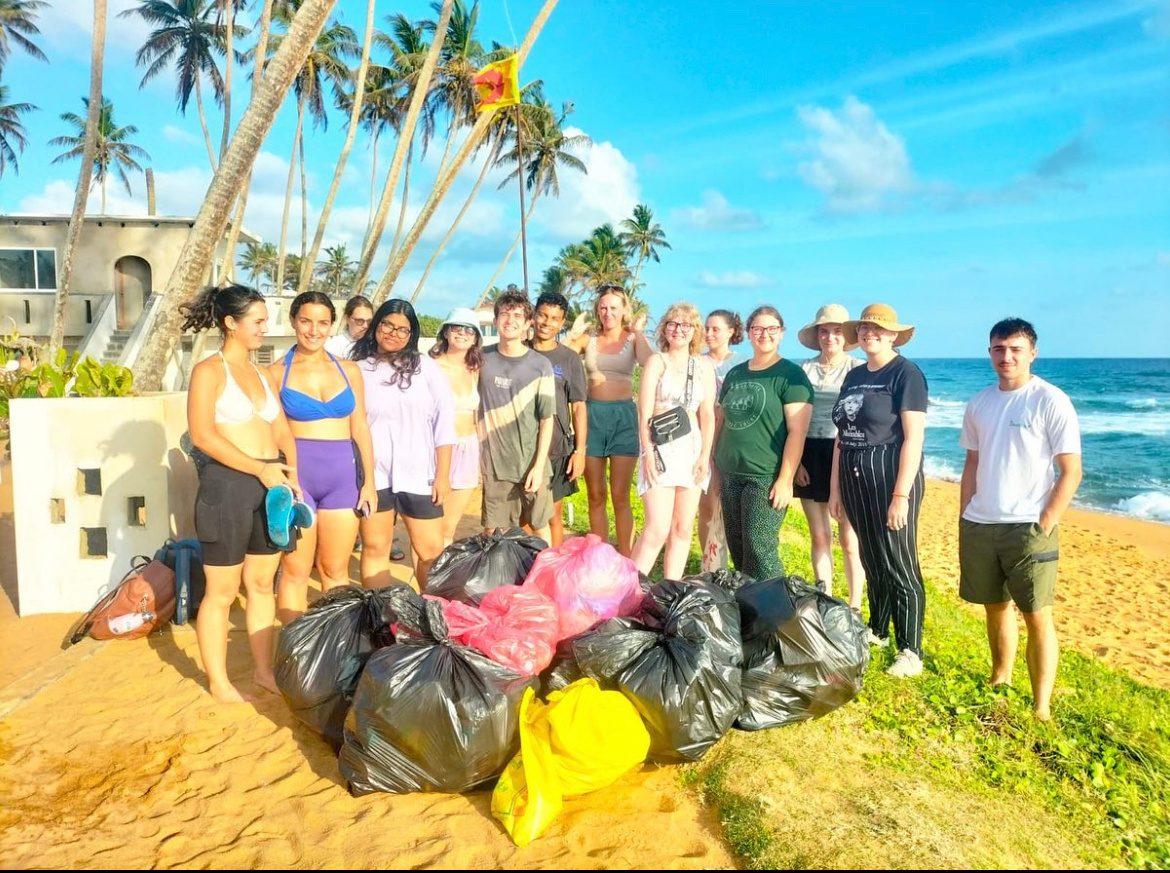
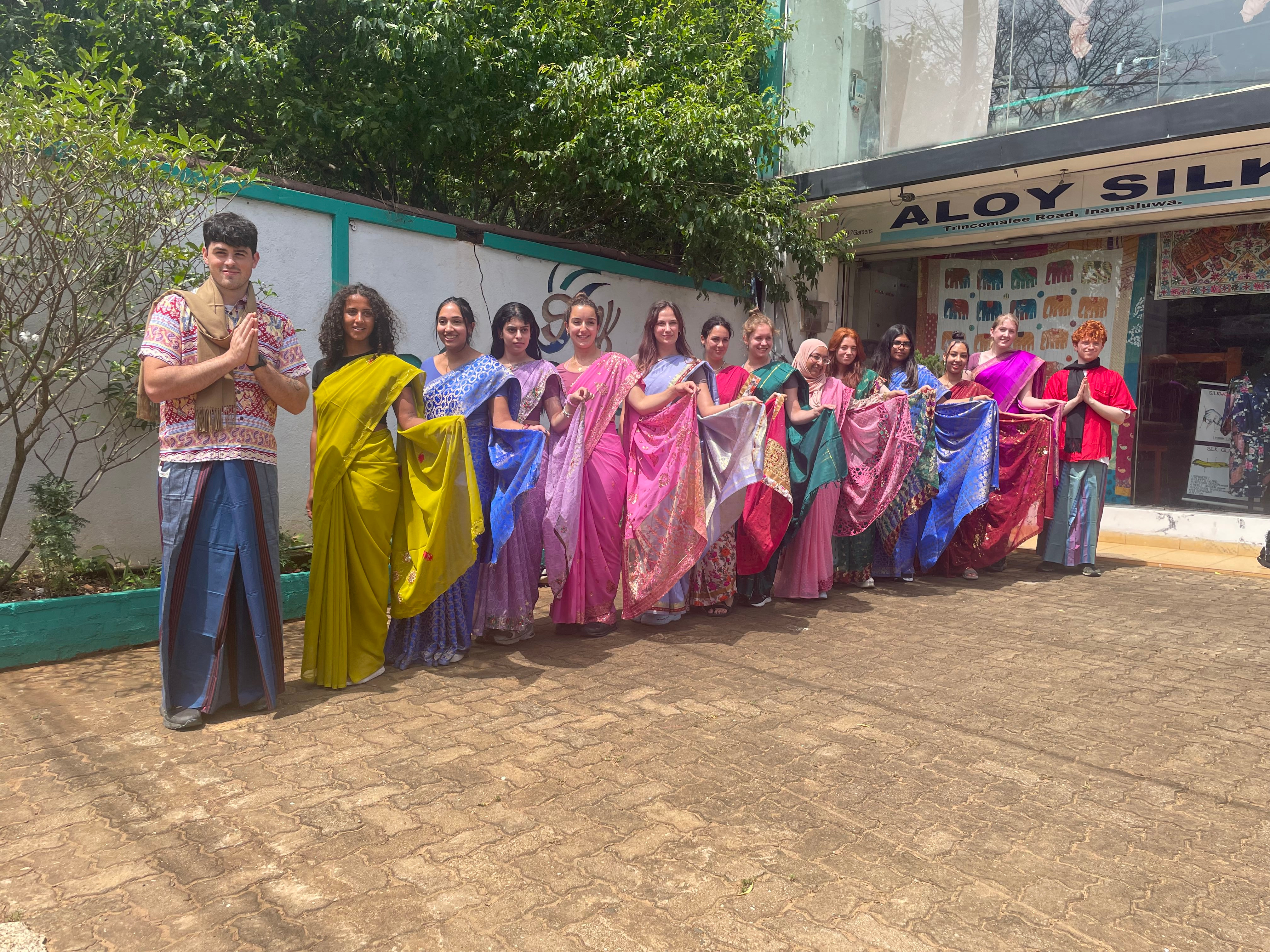

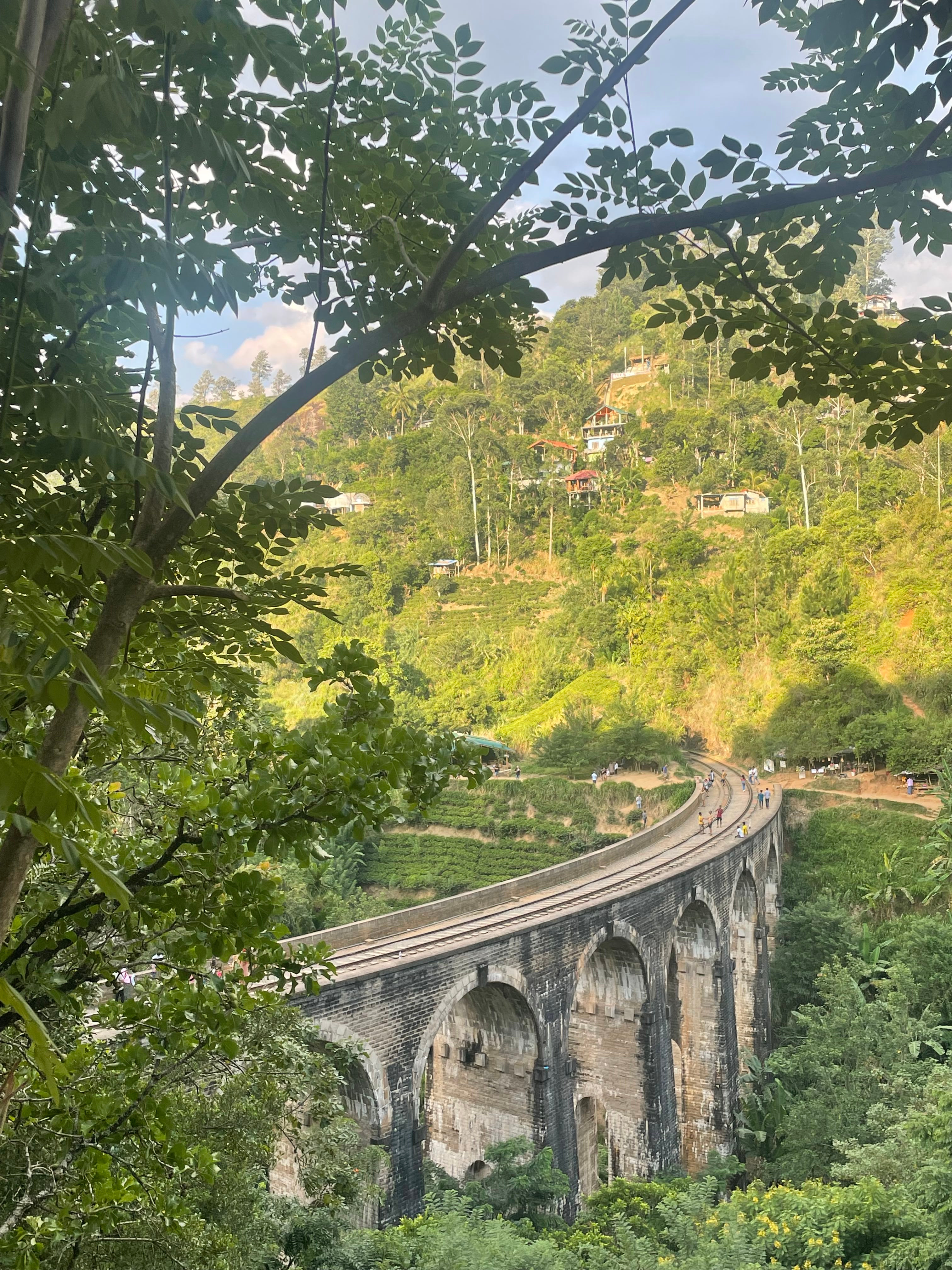
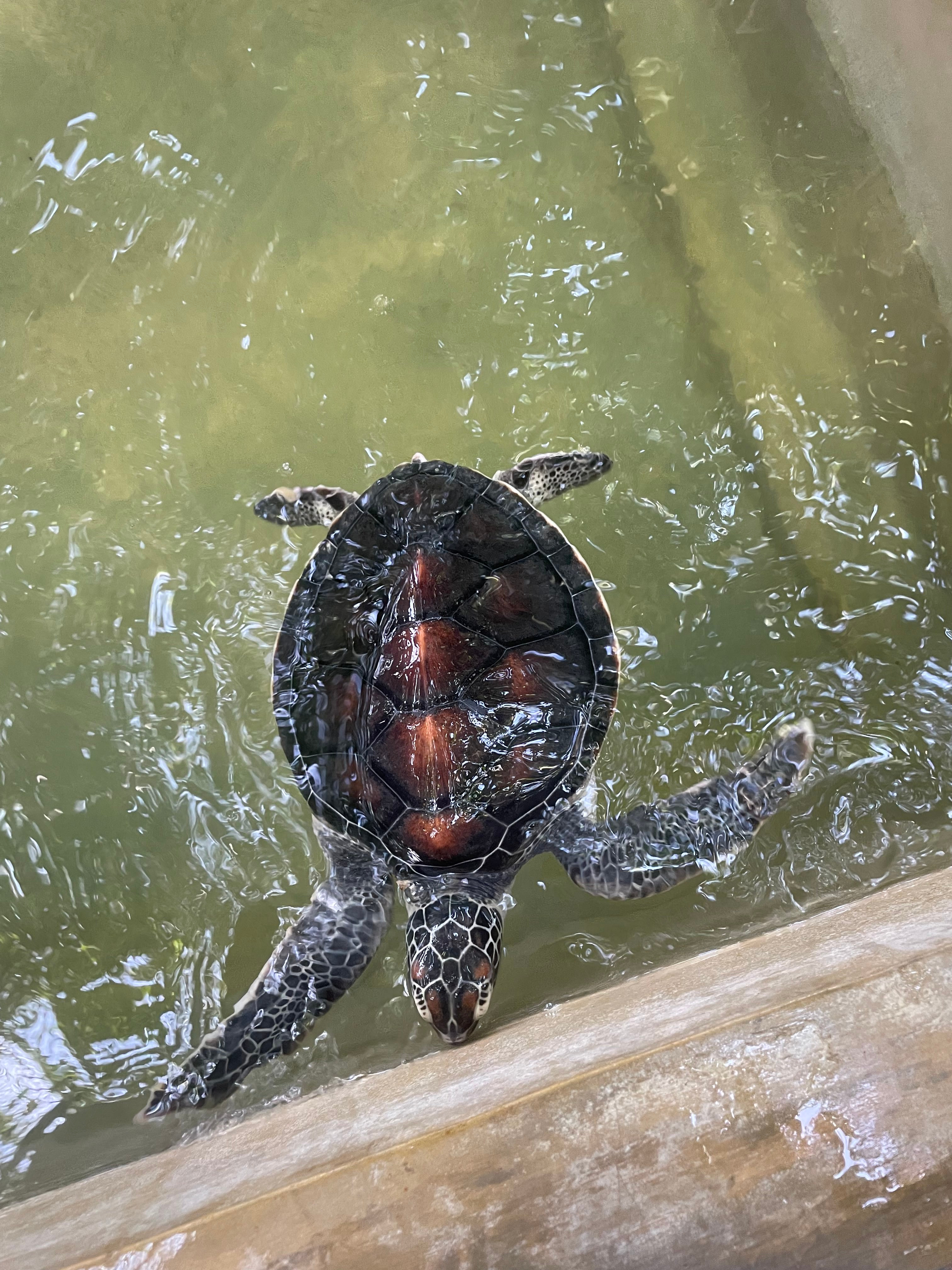


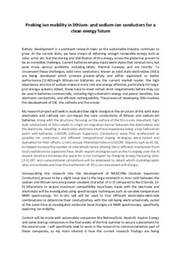
Please sign in
If you are a registered user on Laidlaw Scholars Network, please sign in